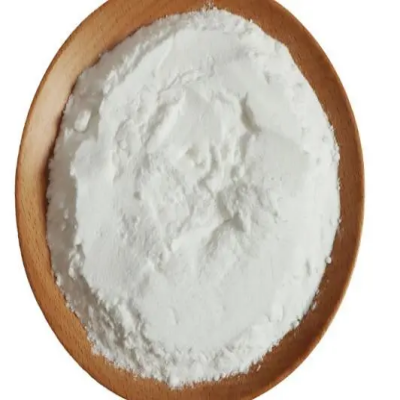2,6-Dichloroindophenol sodium salt CAS:620-45-1
Electrophilic aromatic substitution: 3,5-Dichlorophenyldiazonium tetrafluoroborate is commonly used as a diazonium salt in electrophilic aromatic substitution reactions. It acts as a source of the diazonium group (N2+), which can react with nucleophilic aromatic compounds, resulting in the formation of new C-C bonds. This reaction is widely applied for the introduction of functional groups onto aromatic rings.
Synthesis of biaryl compounds: 3,5-Dichlorophenyldiazonium tetrafluoroborate has been used as a starting material for the synthesis of biaryl compounds. Through metal-catalyzed coupling reactions, it can be coupled with various nucleophiles, such as arylboronic acids or aryldiazonium salts, to form biaryl linkages.
Preparation of organic compounds: 3,5-Dichlorophenyldiazonium tetrafluoroborate serves as an intermediate in the synthesis of various organic compounds. It can undergo reactions with nucleophiles, such as amines, phenols, or thiols, to form products with new functional groups attached to the aromatic ring.
Dye and pigment synthesis: Diazonium salts, including 3,5-Dichlorophenyldiazonium tetrafluoroborate, are widely used in the synthesis of dyes and pigments. They can react with various aromatic compounds, forming azo dyes or pigments with different colors. The resulting compounds find applications in various industries, including textiles, paints, and printing inks.
Research and chemical analysis: 3,5-Dichlorophenyldiazonium tetrafluoroborate is used as a reagent in research laboratories for the study of various organic reactions. It can also find application in chemical analysis techniques, such as colorimetric or spectrophotometric assays, due to its ability to react with specific compounds and form colored products.
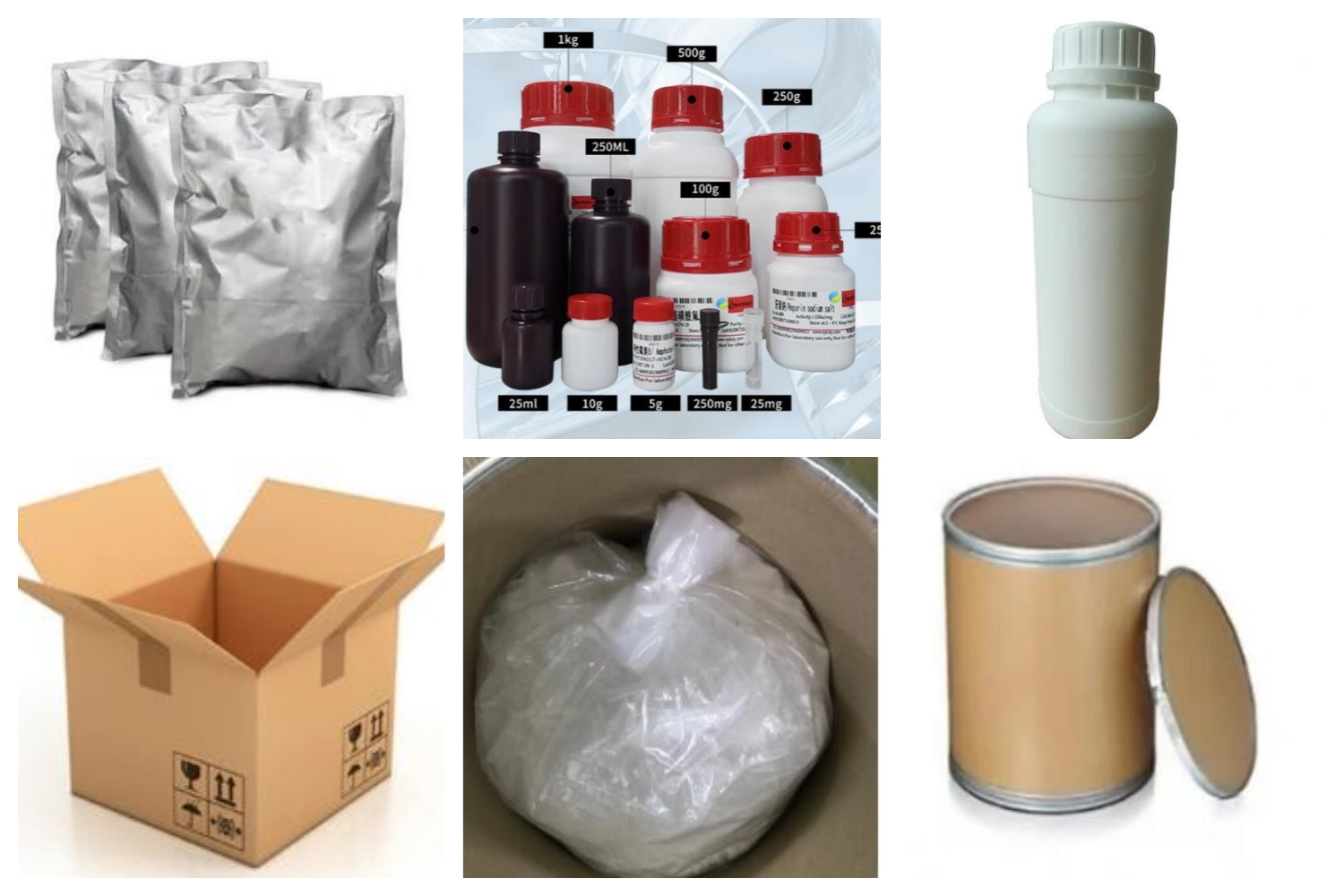
| Composition | C12H8Cl2NNaO2 |
| Assay | 99% |
| Appearance | Green powder |
| CAS No. | 620-45-1 |
| Packing | Small and bulk |
| Shelf Life | 2 years |
| Storage | Store in cool and dry area |
| Certification | ISO. |


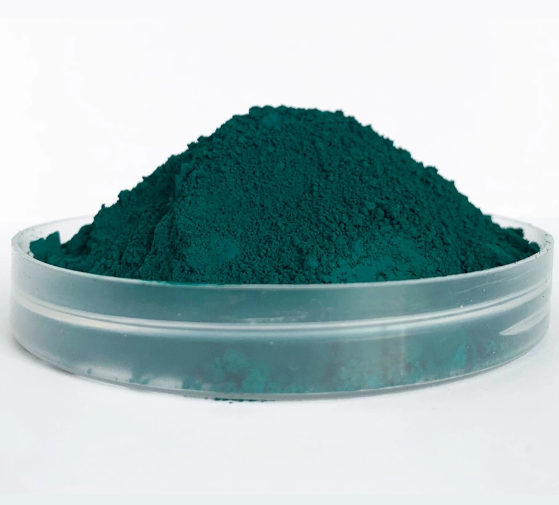
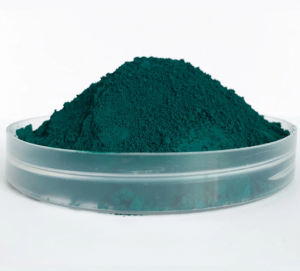
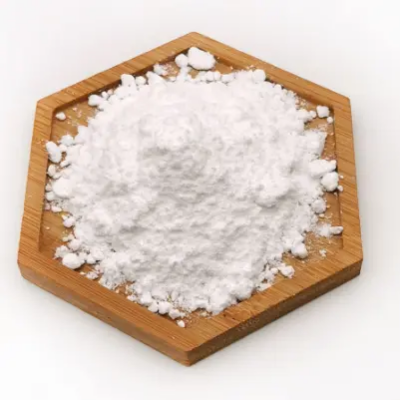
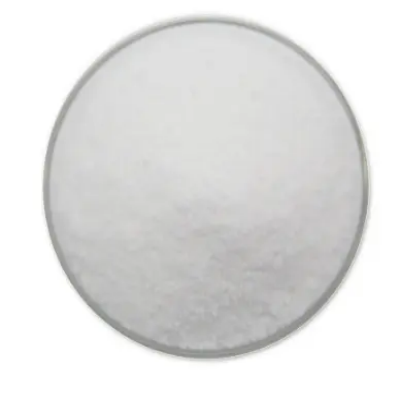
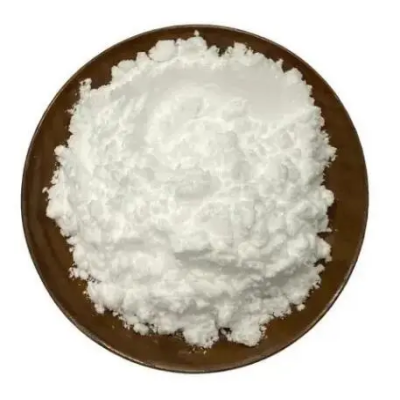
![4-[(2Z)-3-(3,5-dichlorophenyl)-4,4,4-trifluoro-1-oxo-2-buten-1-yl]-2-methyl-N-[2-oxo-2-[(2,2,2-trifluoroethyl)amino]ethyl]-Benzamide CAS:943436-93-9](https://cdn.globalso.com/xindaobiotech/6FOL1BS0UMD0X9Z402269.png)
